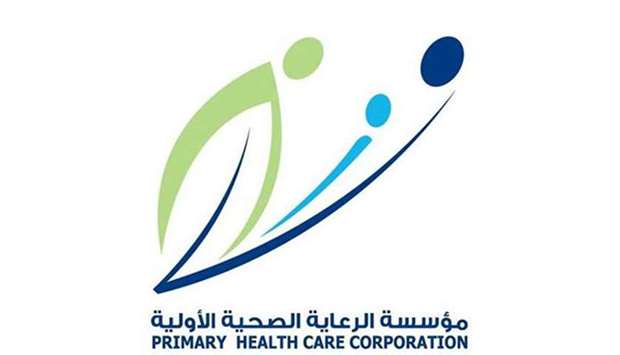The Primary Health Care Corporation (PHCC) has urged those observing the fast during Ramadan to pay close attention to the type and quantity of food consumed during the holy month.
“A bad diet in Ramadan can result in indigestion, upset stomach, heartburn, bloating, belching, nausea, low energy levels and unwanted weight gain. Overeating when breaking fast can also cause breathing difficulties,” PHCC has said in a statement.
PHCC has recommended that certain types of foods be avoided during Ramadan.
These include fried foods, such as pakora and samosa, which can be easy to cook but they also contain a high percentage of the daily sodium and carbohydrates required by the human body. Eating them on a daily basis may amplify the impact of fatigue caused by fasting in Ramadan.
In addition, reducing the intake of coffee and other caffeinated products can help the body stay hydrated for longer. Caffeinated products have diuretic benefits and can cause the body to lose fluids, salts and other important minerals to our body need during Ramadan.
Having a sugary dessert after an Iftar can be a delicious way to end the fast but be mindful of the amount, as while these provide an energy boost, they are high in calories and poor in nutritional value and the energy boost is short-lived.
Moudi Hajri, head of dietetics service at PHCC, said: “The holy month of Ramadan should not be as an excuse to indulge in food. It is key for all of us to observe our eating habits during this month and ensure that healthy eating and responsible lifestyle is a part of the ritual. Everything should be enjoyed in moderation, ensure that you and your family break your fast with a nutritious, healthy meal and avoid consuming large quantities of food quickly.”

